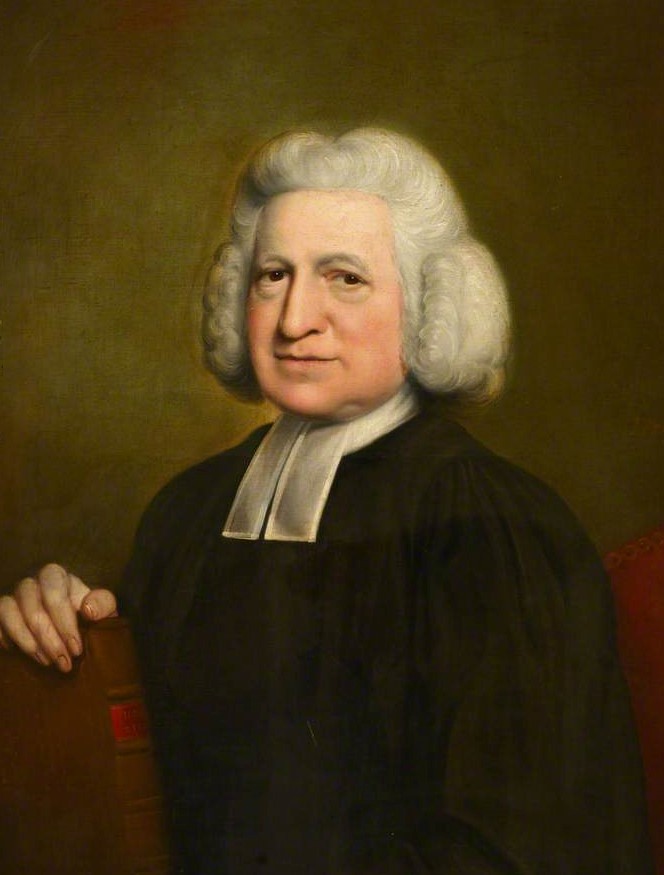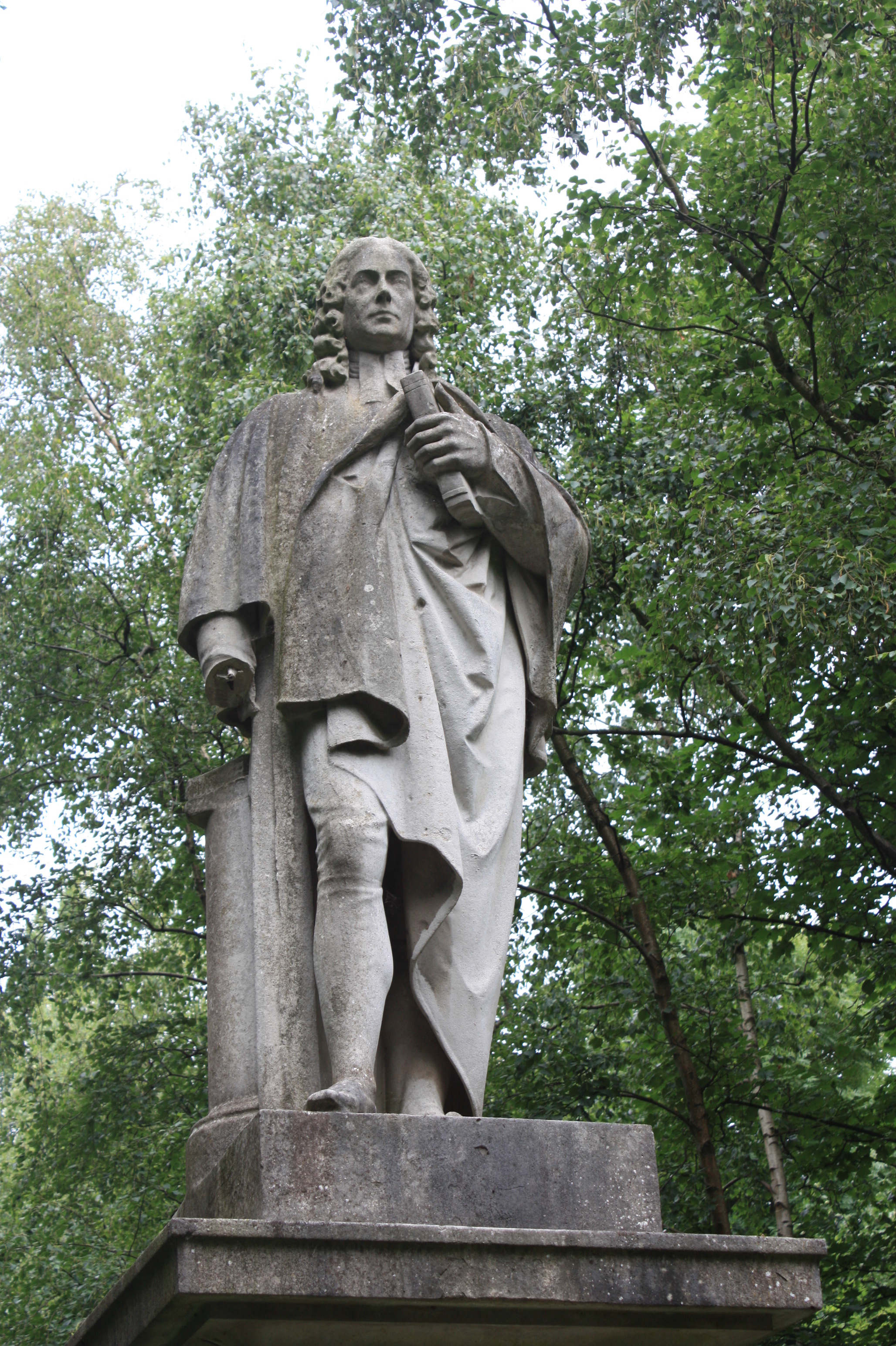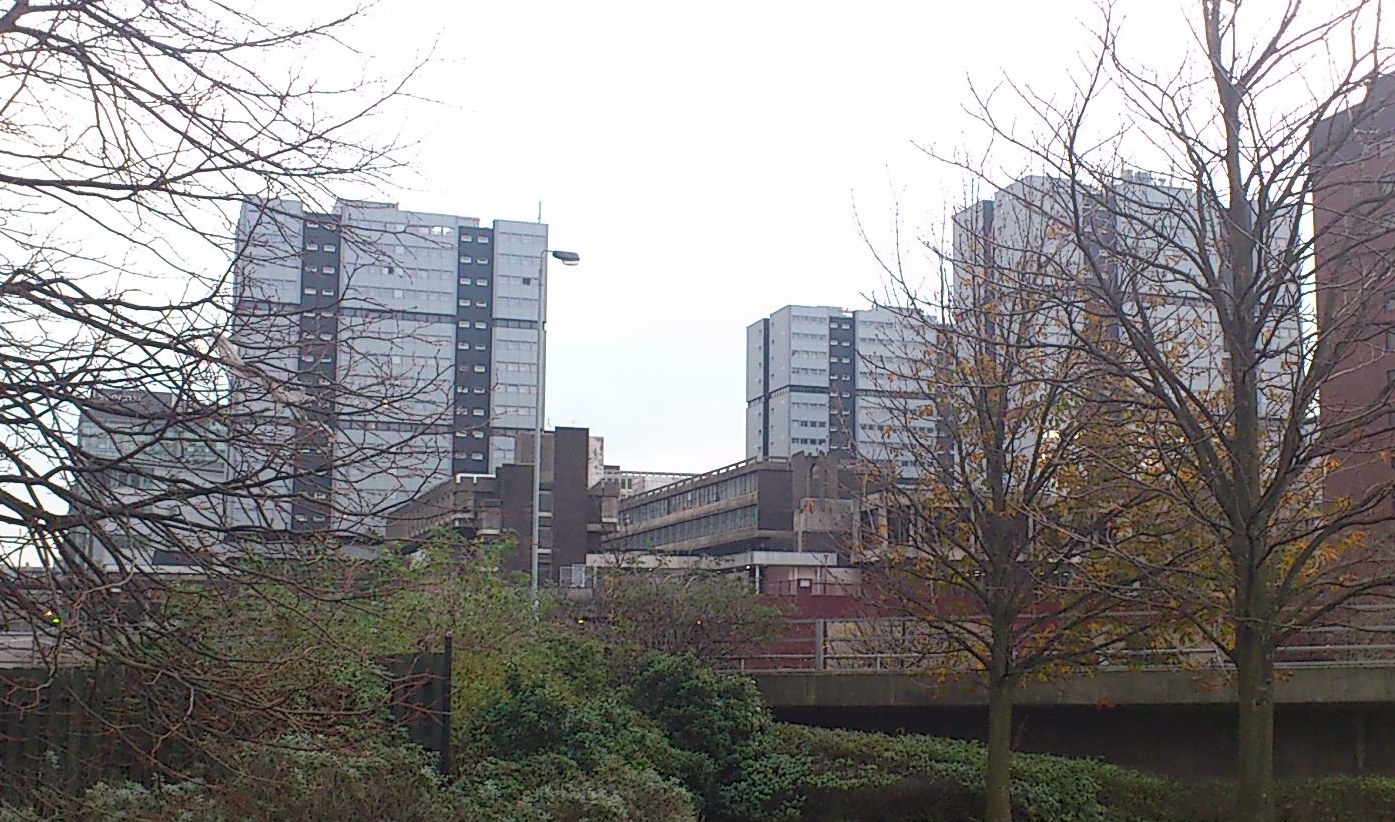|
Patrick Hutchison
Patrick Hutchison (1741–1802) was a Presbyterian minister who produced the first systematic definition of the beliefs of the Relief Church in Scotland. Early life and religious loyalties Hutchison was born on 3 January 1741 into a farming family at Dunblane where his father was an elder of the Anti-burgher Church of the First Secession. Raised in that communion, he initially accepted its teaching without hesitation but, in circumstances that are unclear, came to question its principles. Concluding that some of these had no basis in Scripture, and dismayed by what he saw as the Anti-burghers’ preference for narrow dogma over moral conscience, he joined the Relief Church. By 1770 he had been licensed by the Relief Presbytery and appointed assistant to Dr James Baine, minister at College Street, Edinburgh, one of the fathers of the Relief. As a ruling elder of College Street he attended the first Relief Synod in May 1773. Ministry In November 1774 he was inducted as first Rel ... [...More Info...] [...Related Items...] OR: [Wikipedia] [Google] [Baidu] |
Presbyterian
Presbyterianism is a part of the Reformed tradition within Protestantism that broke from the Roman Catholic Church in Scotland by John Knox, who was a priest at St. Giles Cathedral (Church of Scotland). Presbyterian churches derive their name from the presbyterian form of church government by representative assemblies of elders. Many Reformed churches are organised this way, but the word ''Presbyterian'', when capitalized, is often applied to churches that trace their roots to the Church of Scotland or to English Dissenter groups that formed during the English Civil War. Presbyterian theology typically emphasizes the sovereignty of God, the authority of the Scriptures, and the necessity of grace through faith in Christ. Presbyterian church government was ensured in Scotland by the Acts of Union in 1707, which created the Kingdom of Great Britain. In fact, most Presbyterians found in England can trace a Scottish connection, and the Presbyterian denomination was also t ... [...More Info...] [...Related Items...] OR: [Wikipedia] [Google] [Baidu] |
Kingly Office Of Christ
Christ the King is a title of Jesus in Christianity referring to the idea of the Kingdom of God where the Christ is described as seated at the right hand of God. Many Christian denominations consider the kingly office of Christ to be one of the threefold offices: Christ is a prophet, priest, and king. The title "Christ the King" is also frequently used as a name for churches, schools, seminaries, hospitals, and religious institutes. According to a tradition followed most prominently by the Catholic Church, Mary is given the title of Queen of Heaven. Biblical basis In the Gospel of Luke, the angel Gabriel proclaims to Mary, "Behold, you will conceive in your womb and bear a son, and you shall name him Jesus. He will be great and will be called Son of the Most High, and the Lord God will give him the throne of David his father, and he will rule over the house of Jacob forever, and of his kingdom there will be no end." Outside of the gospels, the First Epistle to Timothy (6 ... [...More Info...] [...Related Items...] OR: [Wikipedia] [Google] [Baidu] |
1741 Births
Events January–March * January 13 – Lanesborough, Massachusetts is created as a township. * February 13 – Sir Robert Walpole, the Prime Minister of Great Britain, popularizes the term "the balance of power" in a speech in Parliament. * February 14 – Irish-born actor Charles Macklin makes his London stage debut as Shylock in ''The Merchant of Venice'' at the Theatre Royal, Drury Lane, pioneering a psychologically realistic style with Shakespeare's text revived, replacing George Granville's melodramatic adaptation ''The Jew of Venice''. * March 9 – Prussian troops bring down the Austrian fortress of Glogau (modern-day Głogów in Poland). * March 13 – The British Royal Navy takes 180 warships, frigates and transport vessels, led by Admiral Edward Vernon, to threaten Cartagena, Colombia, with more than 27,000 crew against the 3,600 defenders. April–June * April 6 – The New York Slave Insurrection, a plot to set fire ... [...More Info...] [...Related Items...] OR: [Wikipedia] [Google] [Baidu] |
Dean Of Guild
A Dean of Guild, under Scots law, was one of a group of burgh magistrates who, in later years, had the care of buildings. The leader of the group was known as Lord Dean of Guild. Originally, the post was held by the head of the Guild brethren of Scottish towns, and dates back to the 12th century. Later, the phrase ''Dean of Guild'' also described the courts A court is any person or institution, often as a government institution, with the authority to adjudicate legal disputes between parties and carry out the administration of justice in civil, criminal, and administrative matters in acc ... set up in the 14th century to settle trade disputes. In the 19th century they became responsible for enforcing the burgh's building regulations, a role that was replaced in the mid 20th century by statutory legislation. This should not be confused with the Dean of a guild, the head of such association. References External linksThe Court of Deans of Guild of Scotland website ... [...More Info...] [...Related Items...] OR: [Wikipedia] [Google] [Baidu] |
Glasgow
Glasgow ( ; sco, Glesca or ; gd, Glaschu ) is the most populous city in Scotland and the fourth-most populous city in the United Kingdom, as well as being the 27th largest city by population in Europe. In 2020, it had an estimated population of 635,640. Straddling the border between historic Lanarkshire and Renfrewshire, the city now forms the Glasgow City Council area, one of the 32 council areas of Scotland, and is governed by Glasgow City Council. It is situated on the River Clyde in the country's West Central Lowlands. Glasgow has the largest economy in Scotland and the third-highest GDP per capita of any city in the UK. Glasgow's major cultural institutions – the Burrell Collection, Kelvingrove Art Gallery and Museum, the Royal Conservatoire of Scotland, the Royal Scottish National Orchestra, Scottish Ballet and Scottish Opera – enjoy international reputations. The city was the European Capital of Culture in 1990 and is notable for its architectu ... [...More Info...] [...Related Items...] OR: [Wikipedia] [Google] [Baidu] |
Muslin
Muslin () is a cotton fabric of plain weave. It is made in a wide range of weights from delicate sheers to coarse sheeting. It gets its name from the city of Mosul, Iraq, where it was first manufactured. Muslin of uncommonly delicate handspun yarn was handwoven in the Bengal region of South Asia and imported into Europe for much of the 17th and early 18th centuries. In 2013, the traditional art of weaving '' Jamdani'' muslin in Bangladesh was included in the list of Masterpieces of the Oral and Intangible Heritage of Humanity by UNESCO. History In 1298 CE, Marco Polo described the cloth in his book ''The Travels''. He said it was made in Mosul, Iraq. The 16th-century English traveller Ralph Fitch lauded the muslin he saw in Sonargaon. During the 17th and 18th centuries, Mughal Bengal emerged as the foremost muslin exporter in the world, with Mughal Dhaka as capital of the worldwide muslin trade. It became highly popular in 18th-century France and eventually spread ac ... [...More Info...] [...Related Items...] OR: [Wikipedia] [Google] [Baidu] |
Free Church Of Scotland (since 1900)
The Free Church of Scotland (Scottish Gaelic: ''An Eaglais Shaor'', ) is an evangelical, Calvinist denomination in Scotland. It was historically part of the original Free Church of Scotland (1843–1900), Free Church of Scotland that remained outside the union with the United Presbyterian Church of Scotland in 1900. Now, it remains a distinct Presbyterian denomination in Scotland. The Free Church was and still is sometimes colloquially known by the term Wee Free, The Wee Frees, even though, in 21st century Scotland, it is the largest Presbyterian denomination after the Church of Scotland, national church. Since this term was originally used in comparing the Free Church with the United Free Church of Scotland, United Free Church (which is now a much smaller denomination), the Free Church of Scotland now deprecates the use of the term. Theology and doctrine The church maintains its commitment to Calvinist theology (as espoused by the Westminster Confession). Its polity is Pres ... [...More Info...] [...Related Items...] OR: [Wikipedia] [Google] [Baidu] |
Evangelical
Evangelicalism (), also called evangelical Christianity or evangelical Protestantism, is a worldwide interdenominational movement within Protestant Christianity that affirms the centrality of being " born again", in which an individual experiences personal conversion; the authority of the Bible as God's revelation to humanity ( biblical inerrancy); and spreading the Christian message. The word ''evangelical'' comes from the Greek (''euangelion'') word for " good news". Its origins are usually traced to 1738, with various theological streams contributing to its foundation, including Pietism and Radical Pietism, Puritanism, Quakerism, Presbyterianism and Moravianism (in particular its bishop Nicolaus Zinzendorf and his community at Herrnhut).Brian Stiller, ''Evangelicals Around the World: A Global Handbook for the 21st Century'', Thomas Nelson, USA, 2015, pp. 28, 90. Preeminently, John Wesley and other early Methodists were at the root of sparking this new movement ... [...More Info...] [...Related Items...] OR: [Wikipedia] [Google] [Baidu] |
United Presbyterian Church (Scotland)
The United Presbyterian Church (1847–1900) was a Scottish Presbyterian denomination. It was formed in 1847 by the union of the United Secession Church and the Relief Church, and in 1900 merged with the Free Church of Scotland to form the United Free Church of Scotland, which in turn united with the Church of Scotland in 1929. For most of its existence the United Presbyterian Church was the third largest Presbyterian Church in Scotland, and stood on the liberal wing of Scots Presbyterianism. The Church's name was often abbreviated to the initials U.P. United Secession Church It was founded in 1820 by a union of various churches which had seceded from the established Church of Scotland. The First Secession had been in 1732, and the resultant "Associate Presbytery" grew to include 45 congregations. A series of disputes, in 1747 over the burgesses oath, and in the late 18th century over the Westminster confession, led to further splits, but in 1820 two of the groups united to ... [...More Info...] [...Related Items...] OR: [Wikipedia] [Google] [Baidu] |
Charles Wesley
Charles Wesley (18 December 1707 – 29 March 1788) was an English leader of the Methodist movement. Wesley was a prolific hymnwriter who wrote over 6,500 hymns during his lifetime. His works include "And Can It Be", "Christ the Lord Is Risen Today", the carol " Hark! The Herald Angels Sing", and " Lo! He Comes With Clouds Descending". Charles Wesley was born in Epworth, Lincolnshire, the son of Anglican cleric and poet Samuel Wesley and his wife Susanna. He was a younger brother of Methodist founder John Wesley and Anglican cleric Samuel Wesley the Younger, and he became the father of musician Samuel Wesley and grandfather of musician Samuel Sebastian Wesley. He was educated at Oxford University, where his brothers had also studied, and he formed the " Holy Club" among his fellow students in 1729. John Wesley later joined this group, as did George Whitefield. Charles followed his father and brother into the church in 1735, and he travelled with John to Georgia in Am ... [...More Info...] [...Related Items...] OR: [Wikipedia] [Google] [Baidu] |
Isaac Watts
Isaac Watts (17 July 1674 – 25 November 1748) was an English Congregational minister, hymn writer, theologian, and logician. He was a prolific and popular hymn writer and is credited with some 750 hymns. His works include "When I Survey the Wondrous Cross", "Joy to the World", and " Our God, Our Help in Ages Past". He is recognized as the "Godfather of English Hymnody"; many of his hymns remain in use today and have been translated into numerous languages. Life Watts was born in Southampton, Hampshire, England, in 1674 and was brought up in the home of a committed religious nonconformist; his father, also Isaac Watts, had been incarcerated twice for his views. Watts had a classical education at King Edward VI School, Southampton, learning Latin, Greek, and Hebrew. Watts displayed a propensity for rhyme from an early age. He was once asked why he had his eyes open during prayers, to which he responded: He received corporal punishment for this, to which he cried: Watts ... [...More Info...] [...Related Items...] OR: [Wikipedia] [Google] [Baidu] |
Anderston
Anderston ( sco, Anderstoun, gd, Baile Aindrea) is an area of Glasgow, Scotland. It is on the north bank of the River Clyde and forms the south western edge of the city centre. Established as a village of handloom weavers in the early 18th century, Anderston was an independent burgh of barony from 1824 until it was incorporated into the City of Glasgow in 1846. The district is served by Anderston railway station. Foundation of Anderston The land on which the present day district of Anderston stands was once known as the Bishop's Forest. These lands, situated to the west of medieval Glasgow, were granted to the Bishop of Glasgow by King James II of Scotland in 1450. The lands of Stobcross, which occupied part of this area, were the property of the Anderson family from the mid-16th century, and here they built their mansion, Stobcross House. Tradition has it that the name came from a wooden cross or ‘stob’ which marked the spot. Stobcross House was demolished in 1875 to mak ... [...More Info...] [...Related Items...] OR: [Wikipedia] [Google] [Baidu] |




.jpg)


